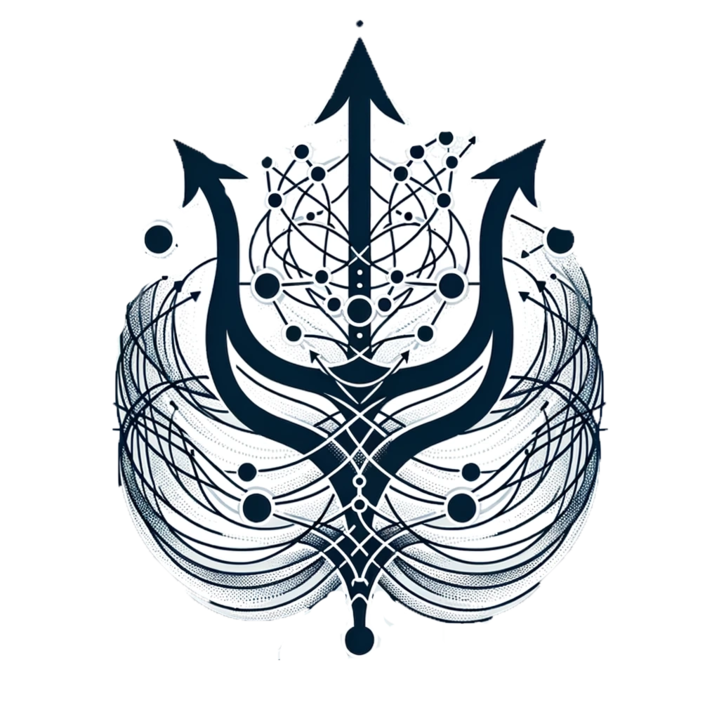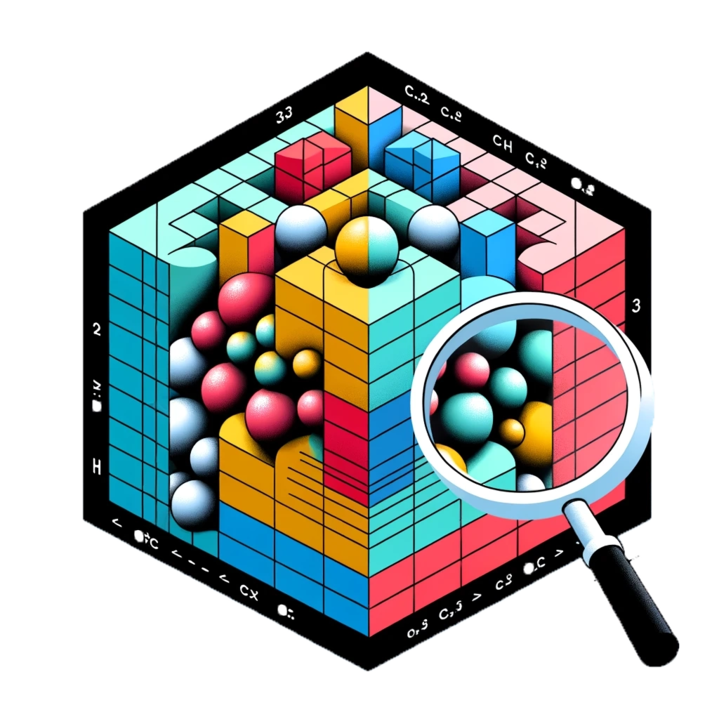
- Home
- RESEARCH

Strong correlation in DFT
Simulation of strongly correlated systems is a key unsolved problem in DFT. Our work in this area focuses on developing fundamentally novel theories and models for strongly correlated systems. The goal is to solve long-standing problems related to simulating stretched chemical bonds, transition metal catalysis, and functional materials. In our ongoing projects, we focus on expanding the mathematical space for building DFT approximations by extracting key motifs from the exact mathematics of strong electronic correlations in DFT. Then we use this new mathematical space designed for strong correlation, to create practical approximations for handling systems inaccessible to state-of-the-art DFT.
Representative references:
Vuckovic, Bahmann, J. Chem. Theory Comput. 19, 6172 (2023).
Vuckovic J. Chem. Theory Comput. 15, 3580 (2019).
Vuckovic, Gori-Giorgi, J. Phys. Chem. Lett. 8, 2799 (2017).

Accurate simulations of weak interactions
Weak noncovalent interactions play a crucial role in a variety of fields including biology, chemistry, material science, and everything in between. Our work on simulating weak interactions aims at replacing heuristic correction methods in DFT for weak interactions with pure electronic structure models, aiming at transforming simulations of large systems, charge-transfer and unseen complexes. This topic is also deeply interlinked with our work on strong correlation, as the ultimate goal of my research is to develop a unified and rigorous framework that enables molecular simulation of both strong correlations and weak interactions on the same footing. By enabling this unified treatment, we aim to push the boundaries of quantum chemistry for challenging systems where there is a delicate interplay between these two effects.
Representative references:
Daas, Kooi, Peters, Fabiano, Della Sala, Gori-Giorgi, Vuckovic J. Phys. Chem. Lett. 14, 8448 (2023).
Daas, Fabiano, Della Sala, Gori-Giorgi, Vuckovic J. Phys. Chem. Lett. 12, 4867 (2021).
Vuckovic, Gori-Giorgi, Della Sala, Fabiano, J. Phys. Chem. Lett. 9, 3137 (2018).

Divide and Conquer Different Errors in Quantum-Chemical Simulations
Quantum-chemical simulations contain multiple sources of errors due to the sets of approximations involved. One of the goals in our research has been to develops tools, indicators, and accuracy predictors to identify and analyze these error sources independently. By isolating and reducing these error sources individually, we aim to improve accuracy in simulations in chemistry and surface science.
Representative references:
Vuckovic, J. Phys. Chem. A 126, 1300 (2022)
Song, Vuckovic, Kim, Sim, Burke Nat Commun 14, 799 (2023)
Vuckovic, Burke, J. Phys. Chem. Lett. 11, 9957 (2020)
Vuckovic, Fabiano, Gori-Giorgi, Burke, J. Chem. Theory Comput. 16, 4141 (2020)
